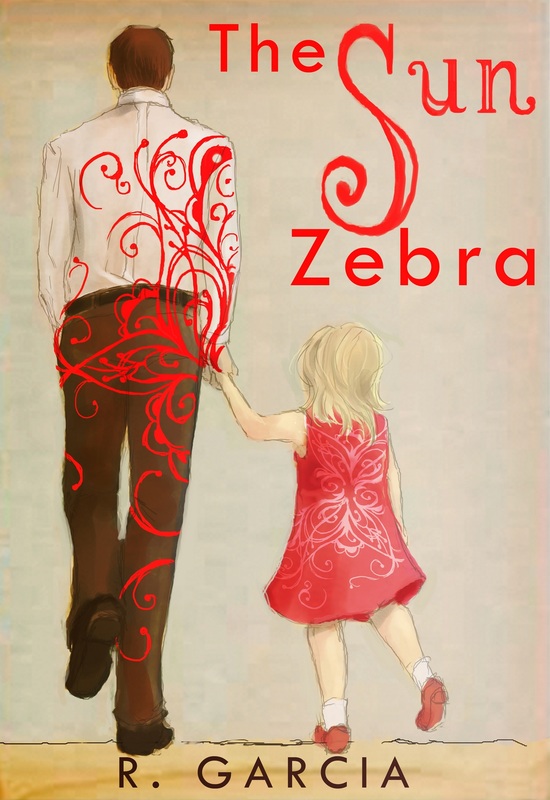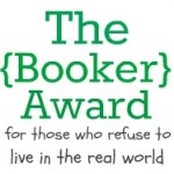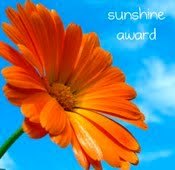“I suffered the years of rejections. I was told again and again that I was not good enough, my stories were not good enough, my book was not good enough. Most published writers I know suffered through a similar process. For good or ill, it's survival of the fittest, and many writers give up too soon. The yearning to share creative works is natural and fierce. Here's my unrequested advice: Writers, you just keep going. You keep trying. You keep improving. You fight for that right to be vetted, edited, and published professionally. You fight for it. Sometimes it takes years to find the right house, the right editor, the right manuscript, but you do it and your book will be better for it.”
I don’t get this. About 1% of all new authors vying for a publisher gets signed up every year, and of those 10% do well enough to be considered successful (0.01% of the total). Also getting published traditionally means signing up the rights to your books for life, earning meager royalties in exchange for ever-shrinking advances, and zero control over how your books are published. And this typically happens only (if ever) after years and years of the so called “query go round.”
Authors are supposed to “fight” for their right to endure this torture?
Also what does “vetted, edited, and published professionally” mean? If you self-publish you can hire professionals who will edit and format your books. But what about “vetted,” what is it to be vetted? Ideally it means that somebody decides whether what you write is good enough to be published. But there are two problems with that. The first is that your book may get rejected, not because it’s not good, but because the publisher doesn’t think it will sell. The second problem is that agents, editors, and publishers are not competent at deciding whether a book is good. Shannon mentions the saga of her children’s book “The Goose Girl.” She writes:
“The goose girl, was rejected (unread) by dozens of agents, then after I found an agent…it was again rejected nine times by the who's who of children's publishers.”
Finally she got an editor who loved the book, which was published, won awards, and is still in print. She posts some of her rejection letters and calls these editors “well-meaning (but obviously misguided!).”
So this is my point: The majority of the people in the publishing business fit this description. They are “misguided.” These are the people to whom an author is supposed to send his/her book in the hope of finding the oddball who will love it?
I sympathize with Shannon and I am glad she has found her niche and is happy. But for every writer like her there are scores of very talented writers who are not making it and due to simple numbers (0.01% of the total) will never make it. I would not wish what she went through on anyone. She writes:
“Oh, the days when you looked for the positive in a rejection--at least they bothered to send a letter! At least they seemed to read it at all! At least they said something sort of nice! (Oh, the pain, the pain!)”
Is this really necessary? Fight for your “right” to go through this? No wonder some writers stop writing altogether while others even kill themselves! Self-publishing is not the Holy Grail to riches but at least you don’t have to deal with this stuff. With self-publishing you are in control, and the only one who will decide whether you are good enough is that person who is ideally suited for this: the reader And this is all that matters in the end.
***
If you like this blog you can have links to each week's posts delivered to your e-mail address. Please click here.


 RSS Feed
RSS Feed



